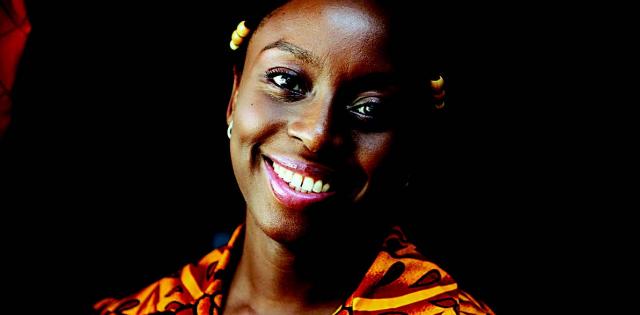Chimamanda Adichie’s essay in the Financial Times has been making its rounds on the internet since last week when it appeared. I quite loved the second part of the essay where she reflects on loss and mourning, using some of the most thought-provoking imageries. Not to make too grand a point about an essay that is clearly a reflection on a private loss, I want simply to say that Adichie’s point about confronting the meanings of loss is a good place to begin talking about the necessity of seeking out ways to collectively mourn the lives lost in all the recent bombings in Nigeria. Check this out:
Uncle Mai’s death brought to me the exquisite terror of confronting other losses and so, during the weeks that led to the funeral, I fearfully watched my father. My almost-80-year-old father. He played his role well, the stoic one in charge of things. When asked how he was doing, he would say cryptically, “Nobody is made of wood.” His entire focus was on arranging the ikwa ozu. The word “ozu” means corpse while “ikwa” is, depending on the context, to mourn or to sew, and as a child the expression “ikwa ozu” terrified me, brought amorphous ghoulish images to mind: the sewing of a corpse. It took a while before I understood that it meant a collective mourning, a funeral. The Igbo believe that if a funeral is not done properly, the dead soul roams around forever, unhappy and possibly vengeful. A funeral’s success depends largely on how well attended it is, and to plan a funeral is to navigate the anxiety of attendance. In those weeks before the ikwa ozu, my father often said, “Mai was well liked. People will come.” Read More
Most people will agree with me that Nigerians seem to move on a bit too quickly after these tragedies happen. If we opt to take Adichie’s literal definition of ikwa ozu seriously, how might we sew together the corpses of these people who die every other month from bomb blasts? If nothing else, Adichie seems to be saying that the dead don’t just disappear. They make demands on us, ethical demands, that we can’t just ignore. And as she seems to suggest, meeting these demands is key to our preservation as a people.
It would be nice to see more Nigerian writers reflect on the loss of these innocent lives that is fast becoming an everyday reality. Adichie, through the private space of the family, has begun that discussion. I hope others join in.
By the way, the movie adaptation–starring Thandie Newton and Chiwetel Ejiofor– of Adichie’s novel, Half of A Yellow Sun, is being filmed at the moment. Get the scoop here.
Feature photo: Water lily. Flower in water. 1922 expedition by Bror E. Dahlgren and John R. Millar. via
Post photo: via









COMMENTS -
Reader Interactions